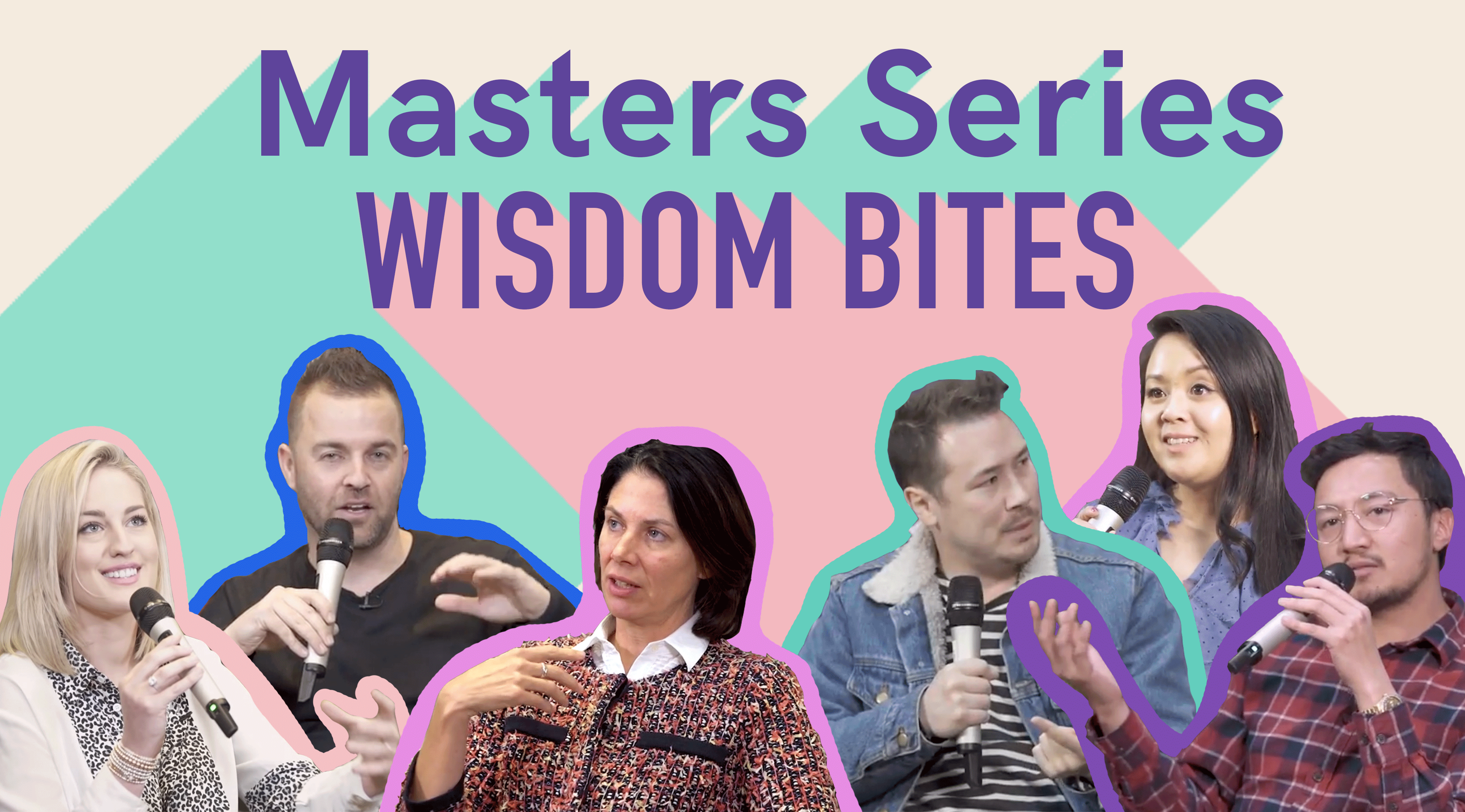
“People decide if they’re going to stick with the podcast in the first minute or two; they will decide if they’re going to stay on or not.” – Corey Layton
“Word-of-mouth is the most dominant way that people get recommendations from podcasts; it’s all about your friends’ recommendations.” – Corey Layton
“Analytics are essential. One of the realms you can get some stats is via Apple analytics which will tell you about the time people spend listening to your podcast. Now if you make an hour and 20-minute podcast and your time spent listening is 20 minutes in, you’ve got a problem. Equally if people are skipping over certain segments that you think is really funny every week, you can see that skip and then you like, “Maybe I’m not so funny.” Via Spotify you can get an understanding of your demographics based on gender and age. It helps you understand where your stories are resonating most, and the sort of demographic that you need to continue to pitch at or grow. Analytics are key.” – Corey Layton
“Before you start your podcast you need to ask yourself, “What’s in it for my listeners, and what’s the problem that I’m trying to solve for them?” You need to really know your audience. Who are you talking to, and what do you want them to get out of it? You need to be passionate about the subject matter that you’re talking about, or at least have done research on the subject so you are engaged in the actual topic that you’re talking about. And you need to bring in great storytelling elements. So knowing your audience will help you shape your whole podcast that will dictate what themes you choose what topics you choose.” – Serpil Senelmis
“It sounds like it’s technically easy but there are a lot of considerations in making a podcast that’s of high quality. The thing that I can say that is the same or similar is other markets such as advertising or search engine optimization or website design. You can basically have a crack at all of these things. And in fact, we probably all have had a crack at all of these things. But once you call in the experts, you’re going to get better results. Because you are competing with radio stations, you are competing with newspapers, and you are competing with commercial brands that are pumping out podcasts. So to be able to play in their league, you need to think like they do.” – Serpil Senelmis
“The most important thing are the answers to the following questions: (1) who is your audience; and (2) why are you making this podcast? If you don’t have a purpose, what’s the point of it? You really need to know what is your purpose and who you are going to service with your podcast. If you can’t answer those two questions, go write a short story or do something else.” – Serpil Senelmis
“Who else is doing the same, and how can you do it differently? Given with how many podcasts exist, there’s so many people on their own tangents. If you’re just mimicking someone–which most often is, “I’m in X industry, I’m going to talk to ex-experts from this industry about their experience”–chances are that it’s already covered. Find your shtick.” – Corey Layton
“Peoples’ attention spans, particularly on social, are not there. The work we did with Facebook was about taking broader content, which are 60-minute discussions, and cutting them down to 20-minute podcast episodes, which were then accompanied by 60 to 90-second videos. Each content piece did different jobs. The video is there to give you an essence and to hook you in. The podcast is to sit alongside it. And if you wanted to dive deeper, it was there was an option. The differing mediums are complementary because they have different roles.” – Corey Layton
With thanks to
Serpil Senelmis is the co-director of content creation agency Written & Recorded. As a journalist for hire with decades of experience in radio, television, newspapers, and marketing, Serpil helps organisations to tell their story. She steps through the podcast creation process from concept to publication.
Corey Layton is the Content & Marketing Director with podcast hosting platform Whooshkaa, where he has led the production of successful podcasts from Mercedes Benz, Facebook and the City of Sydney. Corey warns of the pitfalls in podcasting and names the secret ingredient in reaching your audience.
About Masters Series by WeTeachMe
Masters Series is a show about inspiring entrepreneurs, creative thinkers, and visionary dreamers, and the stories behind how they built their companies.
Subscribe to show
Show brought to you by
Masters Series is presented by WeTeachMe.
Our strategic alliance partners: MYOB, SitePoint, and Entrepreneur’s Organization.
Our media partners: Startup Victoria and Digital Marketers Australia.
Our content partners: Written & Recorded.
The views expressed by the contributors on this show are linked websites that are not necessarily endorsed by the publisher.
Question of the day
What was your favourite quote or lesson from this episode? Please let me know in the comments.


















